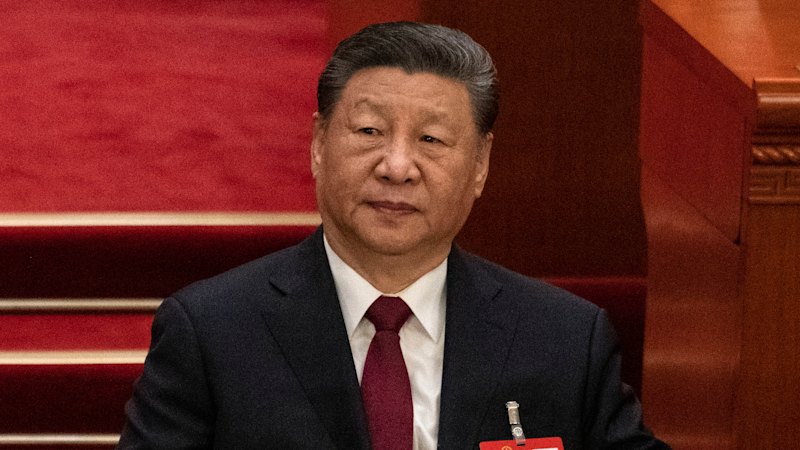
The Chinese government is shifting its strategy to boost infrastructure development by actively inviting private investors to participate in major projects. This policy change, announced earlier this week, aims to tap into private capital for a range of sectors, including transport, energy, and power generation. Officials have indicated that areas such as hydropower, nuclear power, and oil and gas pipelines will now welcome private investment.
This initiative marks a significant departure from the previous reliance on state funding for infrastructure projects. Government officials emphasize that private investment is essential for revitalizing the economy and enhancing the efficiency of capital allocation. The new policy is designed to attract funds that can help accelerate the development of critical infrastructure as China continues to focus on sustainable energy and modernization.
According to the government, private capital not only provides necessary funds but also serves as a “key barometer” of economic vitality. The move comes in response to slowing growth rates and aims to rejuvenate the infrastructure sector by leveraging the expertise and efficiency of private enterprises.
Investors have shown keen interest in various sectors, particularly in renewable energy and transportation. The integration of private investment is expected to foster competition and innovation, ultimately benefiting consumers and businesses alike. The government’s goal is to create a more dynamic investment environment that aligns public and private interests.
Beijing’s strategy also reflects broader economic trends where public-private partnerships (PPPs) are increasingly recognized as a viable model for funding infrastructure projects globally. By encouraging private participation, the Chinese government hopes to improve project execution and management, leading to more successful outcomes.
As the initiative unfolds, it will be crucial to monitor how effectively private investors can engage with state-owned enterprises and navigate the regulatory landscape. The government is expected to provide frameworks to facilitate these collaborations, ensuring that investment flows smoothly into priority areas.
This pivot towards private investment is part of a larger economic strategy aimed at sustaining growth and ensuring that infrastructure keeps pace with the demands of a rapidly evolving economy. With infrastructure projects being a cornerstone of China’s development plans, the government will be looking to demonstrate the benefits of this new approach in the coming months.
Overall, the Chinese government’s new policy on private investment in infrastructure signals a significant shift in strategy, highlighting the importance of collaboration between public and private sectors to achieve ambitious growth targets. The success of this initiative will depend on how well these partnerships are established and managed, as well as the responsiveness of the private sector to the opportunities presented.







